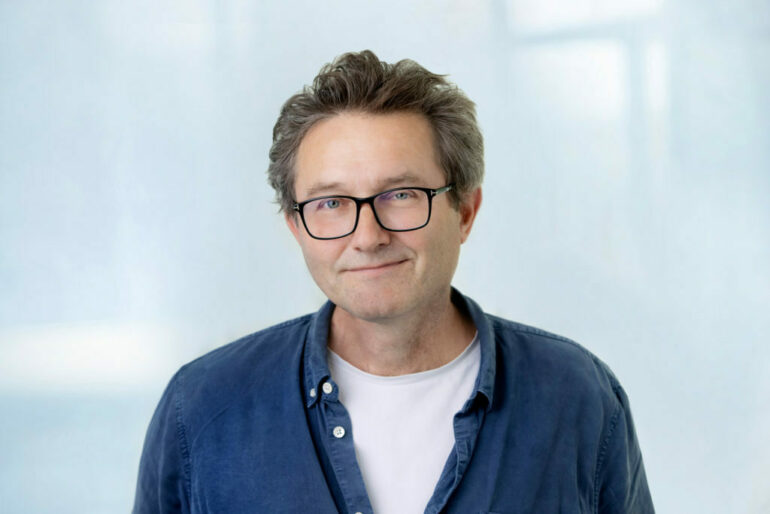WRITTEN BY: Ivar Køhn
At TV Drama Vision set under the overarching theme of sustainability, NRK’s Head of Drama launched a plea for the Nordic industry to show the way.
We publish his speech in full.
"By 2030, the world must reduce its carbon emissions by 55%. That’s much, maybe much more than we today understand. It will affect everything we do in the coming years, and the requirements for sustainable film and TV production will increase enormously. It’s a sustainable revolution.
At NRK, - as for more and more organisations - reducing the climate footprint has become part of our overall strategy. We have joined the international Albert programme, and use their calculator to measure and reduce our own consumption of non-renewable energy. Sooner or later, probably sooner, we will require a sustainable certificate from the producers.
It is undoubtedly a good thing that we are all becoming more aware of the challenges we face. We have heard a lot of proof to that during these two days. My experience, however, is that it is nearly impossible to achieve sustainable production in the Nordic region without making radical changes in the structure of the industry itself.
A real revolution requires that we enable healthy structures for development, financing and production that are not only environmentally, but also socially, culturally and economically sustainable in the long term. And here in Gothenburg, some ideas have been planted, for our common Nordic industry. We have the opportunity - and the potential - to break new ground and show the world that it’s possible, to create the Nordic way.
The first goal may simply be to make productions local, shoot where the stories actually take place. Statistics show that fiction and drama productions have a quite large negative impact on the climate, and that the biggest reason by far for this is consumption, related to accommodation and transport of people and equipment.
It’s absurd that we – wanting to be a green-minded businesses - accept financial schemes that provide incentives for global travel.
Government incentives should first of all facilitate local productions to stay local.
The second goal must be to build a green infrastructure with the help of incentive schemes set up for sustainability. A scheme that provides incentives for an infrastructure of re-use, climate-friendly studios, virtual productions, giving us the opportunity to create better productions, without harming the people working on them, leave nature happy and strive for a healthy economy as a means to achieve our sustainability goals.
Today's incentive schemes are yesterday's incentive schemes. They are based on a desire for increased consumption of people and goods, increased tourism - and attracting American studios. We don’t need that kind of incentives, we have grown to being an industry by ourselves.
Tomorrow's incentive schemes should care about the next generations, about protecting the landscapes of our stories – and attract innovative solutions.
The want for sustainability is a chance to build synergies that can meet different needs across the whole Nordic industry ecosystem - from creators to distributors.
In short, we need to co-operate; investors, platforms, production companies, unions and public institutions to build a new, green infrastructure in our industry, and we must have incentive schemes that keep us local with a global awareness, that pushes us to become sustainable as a Nordic industry.
We can produce a lot more fantastic stories from the Nordics, and we will do so. But we shall do it without destroying the planet or people."
